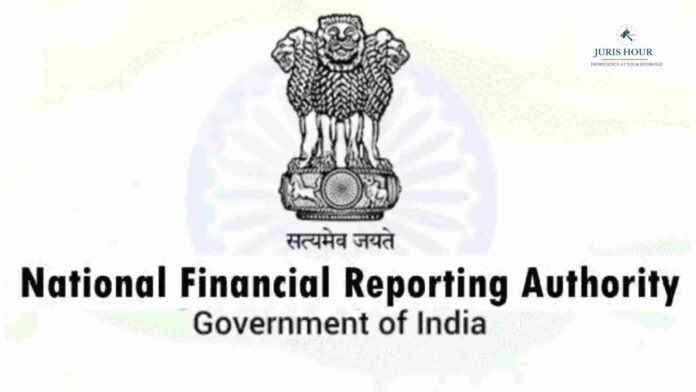The National Financial Reporting Authority (NFRA) has released the fourth edition in its Auditor-Audit Committee Interaction Series, titled “Audit of Accounting Estimates and Judgments – Impairment of Non-Financial Assets.” The initiative seeks to reinforce effective communication between auditors and audit committees, with a focus on improving audit quality, ensuring transparency in financial reporting, and safeguarding the interests of investors and the public.
The latest edition addresses critical aspects of auditing accounting estimates and professional judgments, particularly concerning the impairment of non-financial assets. It provides guidance grounded in Ind AS 36 (Impairment of Assets) and Standard on Auditing (SA) 540—which deals with the audit of accounting estimates, including fair value estimates and related disclosures.
Strengthening Governance through Better Auditor-Committee Dialogue
NFRA, in the course of its enforcement, review, and monitoring activities, has repeatedly emphasized the importance of clear and consistent communication between statutory auditors and those charged with governance (TCWG), especially audit committees. The Authority observed that more robust exchanges between auditors and committees can play a decisive role in identifying audit risks, evaluating critical estimates, and ensuring compliance with financial reporting standards.
In response, NFRA’s ongoing Auditor-Audit Committee Interaction Series provides structured guidance on significant audit areas and the expectations from both sides. The earlier editions covered key aspects of audit communication, while Series 4 specifically delves into the complex domain of asset impairment assessments.
Focus on Impairment of Non-Financial Assets
Impairment testing of non-financial assets—such as property, plant, equipment, goodwill, and intangibles—requires considerable professional judgment and estimation. NFRA’s Series 4 seeks to equip audit committees with pertinent questions to ask auditors when reviewing such impairment assessments. These include inquiries about assumptions, data sources, estimation techniques, and the sensitivity of key judgments affecting asset valuations.
The publication underlines the auditors’ responsibilities under the Companies Act, 2013, and the relevant Standards on Auditing (SAs 260 (Revised) and 265), which outline the auditor’s duty to communicate audit-related matters and deficiencies in internal controls to those charged with governance. It also draws on the Standard on Quality Control (SQC), emphasizing the need for maintaining audit quality throughout the engagement.
Commitment to Audit Quality and Investor Confidence
NFRA reiterated that its mandate extends beyond enforcement—it includes promoting awareness of the role of auditing and accounting standards in maintaining the integrity of financial statements. By facilitating constructive dialogue between auditors and audit committees, the Authority aims to foster a culture of transparency and accountability in corporate governance.
“Effective auditor-audit committee interaction is a cornerstone of quality financial reporting,” NFRA noted in its communication. “By focusing on areas such as impairment of assets, where significant management judgment is involved, we aim to strengthen public confidence in the audit process and enhance investor protection.”
Ongoing Series for Continuous Improvement
The Auditor-Audit Committee Interaction Series is part of NFRA’s continuing efforts to issue thematic communications on key areas of audit practice. Each release is intended to serve as a reference for both auditors and board members, helping them understand expectations, address emerging risks, and apply professional skepticism effectively.
With Series 4, NFRA reinforces its commitment to improving audit outcomes, aligning with international best practices, and ensuring that India’s financial reporting ecosystem remains transparent, reliable, and investor-friendly.
Read More: Gujarat High Court Rejects Bail Cancellation Plea Over Dispute on Rs. 90 Lakh GST Deposit Compliance

